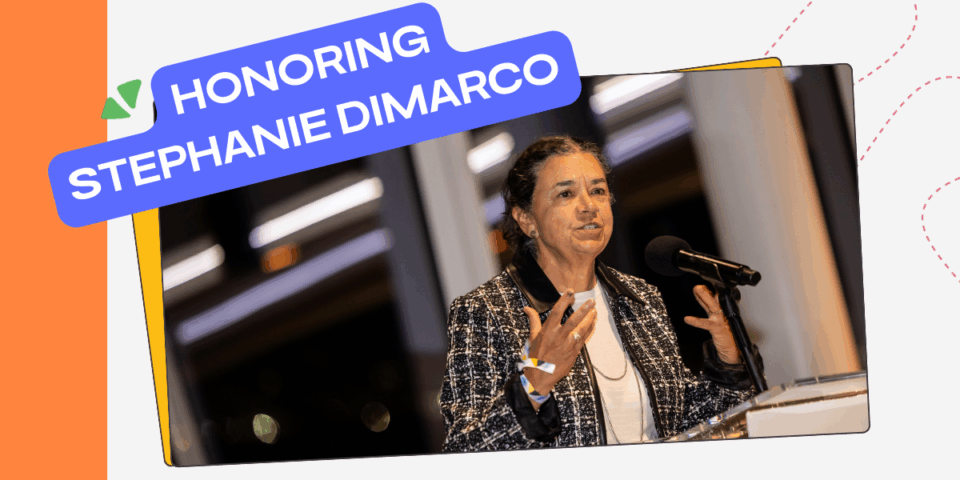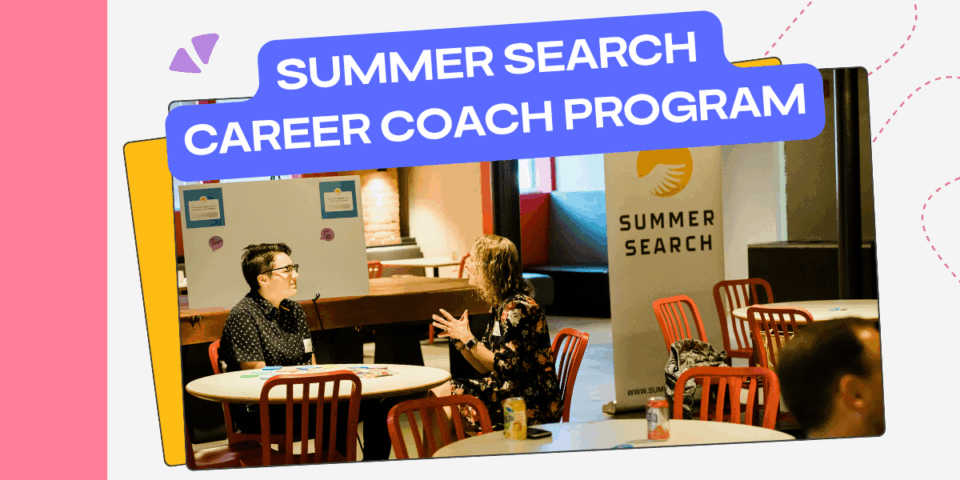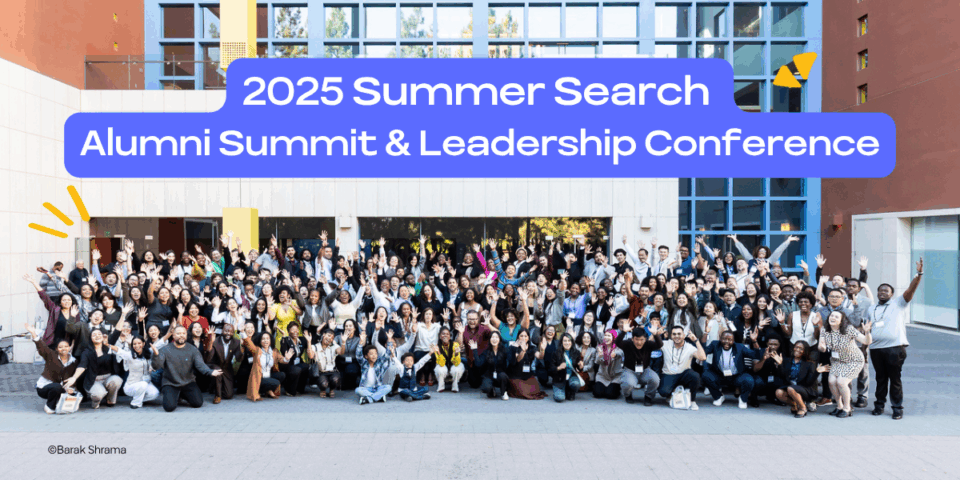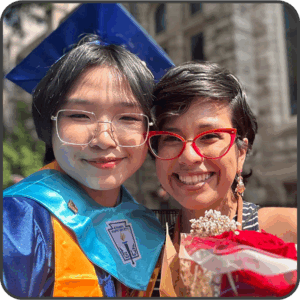
Professional Mentoring
Personalized one-on-one and group mentoring and guidance that builds confidence, skills, and provides support high school students need to create a successful future.
Summer Experiences
Transformative summer experiences give students real-world insight, build resilience, and develop a deeper sense of purpose.

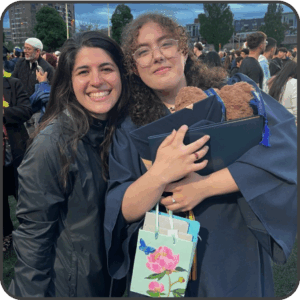
Post-Secondary Mentorship
Post-high school mentorship and support helps students explore both college and vocational pathways, providing guidance on applications, admissions, and career preparation.
CAREER GUIDANCE
Personalized career guidance, skill-building, and exposure to a variety professional pathways helps students navigate their goals with clarity and confidence.
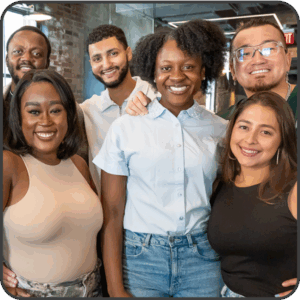
MORE THAN A PROGRAM
From meeting your mentor to hiking mountains to landing internships, there’s a lot to experience at Summer Search. Curious what it looks like? Learn more below.
We're here to help students from under-resourced communities unlock new pathways to success with a program designed to empower, elevate, and equip them to build a brighter future—no matter where they’re starting from.
AND THE BEST PART ABOUT ALL OF THIS?
Sign up now and start building a bright future today!
Find Your Community
Ready to get involved with Summer Search where you live? Find your city to get started.
of the Class of 2024 earned high school diplomas.
Earning
income than their families when they first joined.
Earning degrees at
of their peers.
Become A Summer Searcher Today!
Ready to discover your Power and Potential?
Join Summer Search for personalized mentorship, fully funded summer experiences, and a network of support as you shape your future. Your path to possibility begins here!
Summer Search Spotlight
Stay connected with the latest stories, updates, and highlights from our mentorship and summer experience programs—where high school students explore new paths, gain real-world insights, and build bright futures.
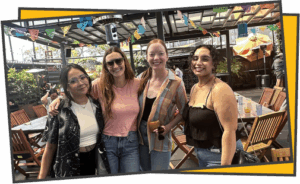
For Students
& Families
Learn more about how our program builds bright futures for students.

Become a Donor
Join us in creating lasting change helping students thrive and lead with purpose.
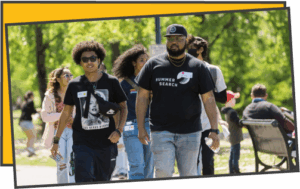
Partner with us
Make an impact for the next generation of community leaders with experience and opportunities that lead to success.
Interested in supporting our work and would like to hear more stories, voices, and inspiration from the Summer Search Community?
Sign Up and stay updated with student journeys, upcoming events, and exclusive opportunities to get involved.
